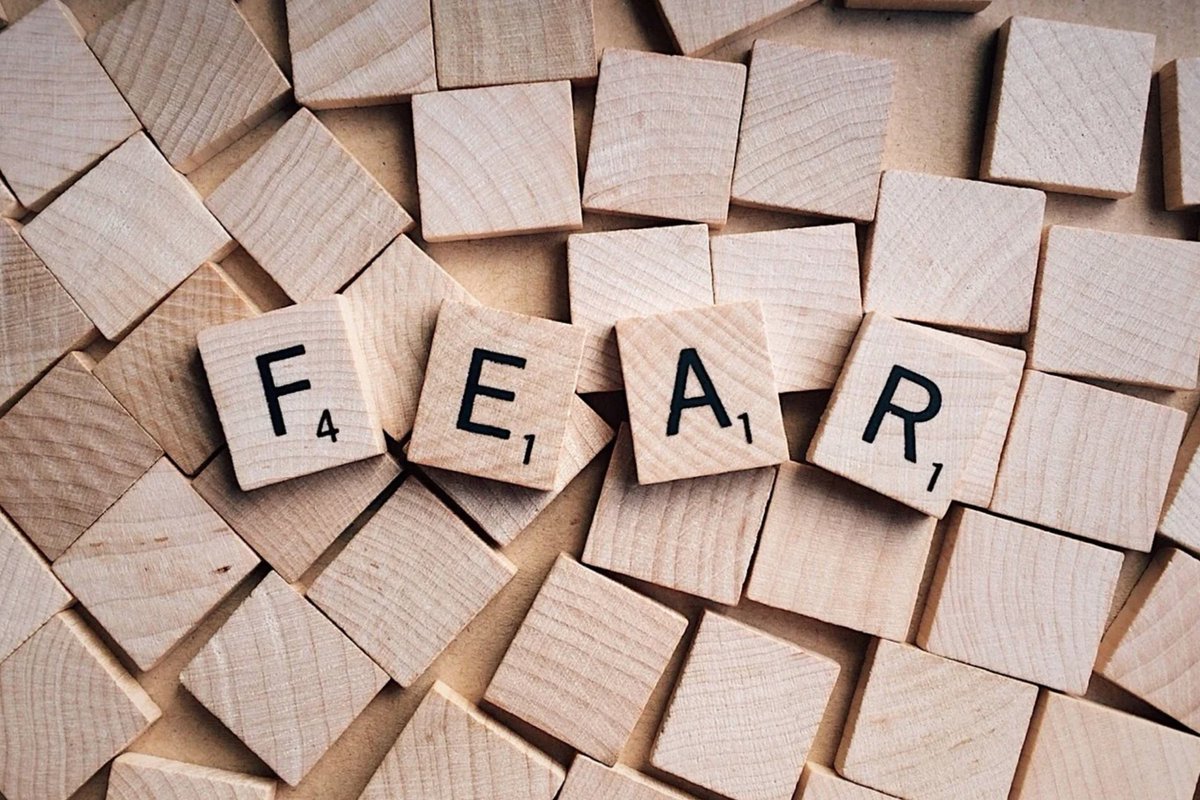
Germany's new policy paper on the Indo-Pacific region has led to speculation that Berlin may be about to change its traditionally Beijing-friendly foreign policy approach.
Not so fast. Here are the key takeaways from my @RUSI_org Commentary 1/13
rusi.org/commentary/ger…
Not so fast. Here are the key takeaways from my @RUSI_org Commentary 1/13
rusi.org/commentary/ger…
While paying lip service to security matters, a more active German role is not aimed at strengthening the US-led security architecture in East & Southeast Asia.
In the guidelines' preface Foreign Minister Maas seeks to distance Germany from the increasing US–China rivalry 2/13
In the guidelines' preface Foreign Minister Maas seeks to distance Germany from the increasing US–China rivalry 2/13
The new policy announcement also offers no critical self-reflection about Germany's failed 'change through trade' policy vis-a-vis China 3/13
rusi.org/commentary/ger…
rusi.org/commentary/ger…
The German guidelines exaggerate the significance of China as Germany's supposedly biggest trade partner, not only in the Indo-Pacific, but globally.
Based on german gov't (BMWI) statistics the PRC only ranks third (7.1%), after the US (8.7%) and Europe (68.5% of exports) 4/13
Based on german gov't (BMWI) statistics the PRC only ranks third (7.1%), after the US (8.7%) and Europe (68.5% of exports) 4/13
While the guidelines include well-known criticism of China's flagship Belt and Road Initiative it does not offer even a tentative clue as to how Germany aims to address existing power imbalances in the region 5/13
Germany's approach to China is downright craven when it comes to the issue of disinformation.
Instead of naming China as the main culprit of disinformation in the Indo-Pacific, the authors of the policy paper use the evasive term 'authoritarian actors and states' 6/13
Instead of naming China as the main culprit of disinformation in the Indo-Pacific, the authors of the policy paper use the evasive term 'authoritarian actors and states' 6/13
The German government pledges support for the Mekong River Commission's Strategic Plan 2021-25, but without critical introspection about the apparent failures of a depoliticised technical assistance to China in the field of energy policy such support may prove futile 7/13
Whilst there is a declared desire to engage with civil societies in the Indo-Pacific, there does not seem any awareness that China has emerged as a non-traditional development donor which is moulding recipients in the CCP's authoritarian image 8/13
Instead of reminding China to honour UNCLOS’s ‘clear and binding ruling on China’s claims vis-à-vis the Philippines in the South China Sea’, the German government pins it hopes on a Code of Conduct between ASEAN and China 9/13
The guidelines descend into the outright farcical when it comes to Taiwan, which is not even mentioned once.
But how can Germany contribute to peace and security without taking a stand against Xi Jinping's threat to annex Taiwan? 10/13
But how can Germany contribute to peace and security without taking a stand against Xi Jinping's threat to annex Taiwan? 10/13
The guidelines are a stark reminder of the lack of a grand strategy in German foreign policy making.
The document's long list of disparate activities does not add up to a coherent approach 11/13
The document's long list of disparate activities does not add up to a coherent approach 11/13
The lack of strategic direction can primarily be explained by an absence of political leadership.
What transpires in the guidelines is a German government which still has not defined any red lines in terms of its China engagement 12/13
What transpires in the guidelines is a German government which still has not defined any red lines in terms of its China engagement 12/13
I would like to thank @JEyal_RUSI for inviting me to comment on Germany's new policy paper on the country's approach to the Indo-Pacific /End
• • •
Missing some Tweet in this thread? You can try to
force a refresh






